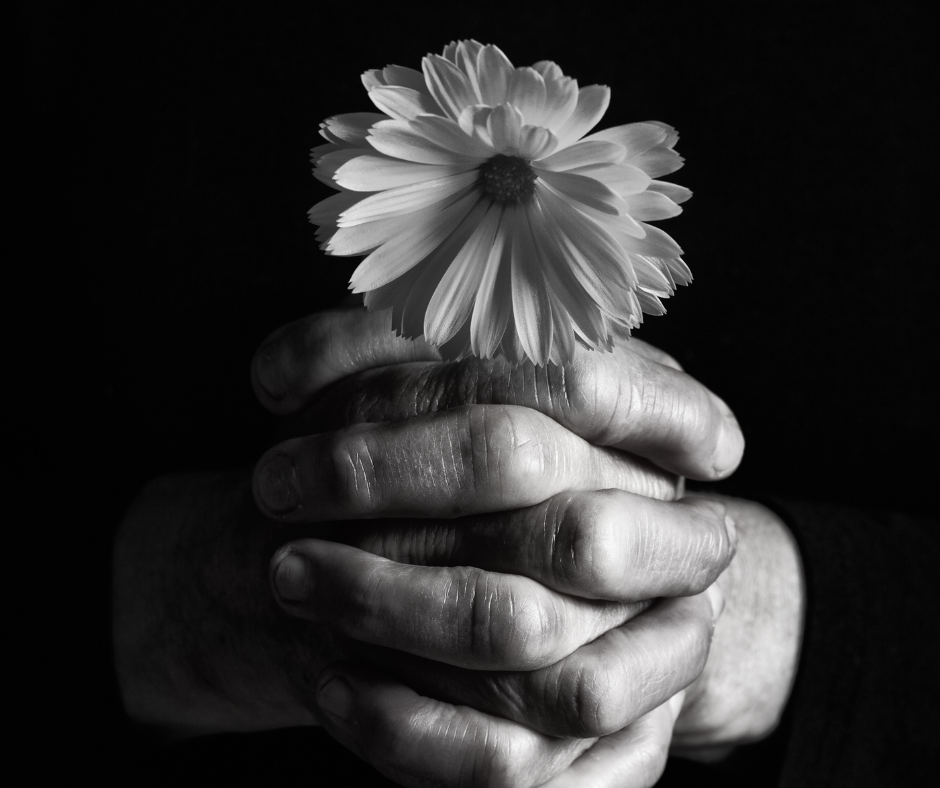Mary Sharon Moore

A Clear and Present Grieving
From the expansive east-facing windows in my fourth-floor living room I behold the tender light of dawn. Coupled with the quiet of this early hour, the view is stunning.
I see the Morning Star rising now in the east-southeast sky.
Stunning, I say. This clear dawn is the herald of yet another day in a string of days—weeks, really—without spring rains or even overcast. At mid-April, now, the window closes soon on our western Oregon rainy season. And then comes the arid, and likely scorching hot summer.
A heavy dread weighs on my heart, on my soul, as I recall the massive firestorms which sparked on Labor Day, 2020, raged through October, and, in the end, consumed broad swaths of the state’s westside forested Cascades.
But today the cool morning air, I notice, is remarkably still. Venerable White Birch outside my windows shows no movement, no sway at all. Quite different from the steady dry winds from the north that arrive each day now—yesterday, gusting at 36 miles per hour.
May I offer you a few more stats?
Our local April precipitation to date is a precious 0.04 inch, against a normal of 1.13 inches. Since January 1, our rainfall is at 11.29 inches, which may sound like a lot.
But normal rainfall here, averaging from 1981 to 2010, is 18.92 inches. We now are drier than last year at this time, a year which was unimaginably parched.
Some people say that clear-cutting in the Coast range has disrupted the high-elevation microclimate that captures, amplifies, and releases marine moisture down into our Willamette Valley. Combined with this change, in recent years the jet stream isn’t delivering the predictable river of rain to Oregon’s shores.
These thoughts crowd into my silence as I prepare the psalms of Morning Prayer. Psalm 77 recalls God’s mighty deeds, splitting the sea so that Moses and the people could pass dry-shod to safety.
This is what causes my grief, the Psalmist cries, that the ways of the Most High have changed.
And I have to be honest: It’s not the ways of the Most High that have changed. We are the ones who have changed. We have wandered off course. We—both humankind and human-unkind—have stressed this precious planet beyond its limits, harvesting Earth’s riches for all they’re worth.
Not me personally, I want to think. Yet my consumer demands, like most everyone’s, come at a price far beyond what I am charged on my credit cards.
Humanity seems to have lost the imagination and will to respond in measure to the magnitude of the situation, unable to respond to the magnitude of our beloved Earth’s trauma.
So I am grieving, at the dawn of this perfectly lovely, sunny, blue-sky April day.
I try to get on with my work. But the weight of grief presses heavy on my heart, my imagination, my soul.
Truth be told, most days I feel trapped in a story that seems to have no happy ending. God’s lovely dream gone terribly awry—due not to God’s negligence, but to ours. We have created a mess. Now it’s ours to clean it up.
I grieve the foreboding of times to come, times which have already arrived in many parts of the world. This is not the kind of solidarity I was hoping for. But solidarity, eventually, will be asked of us, all of us and each of us, nonetheless.
I would like to say that these disquieting times shall pass. But I cannot escape this clear and present grieving in my heart.






